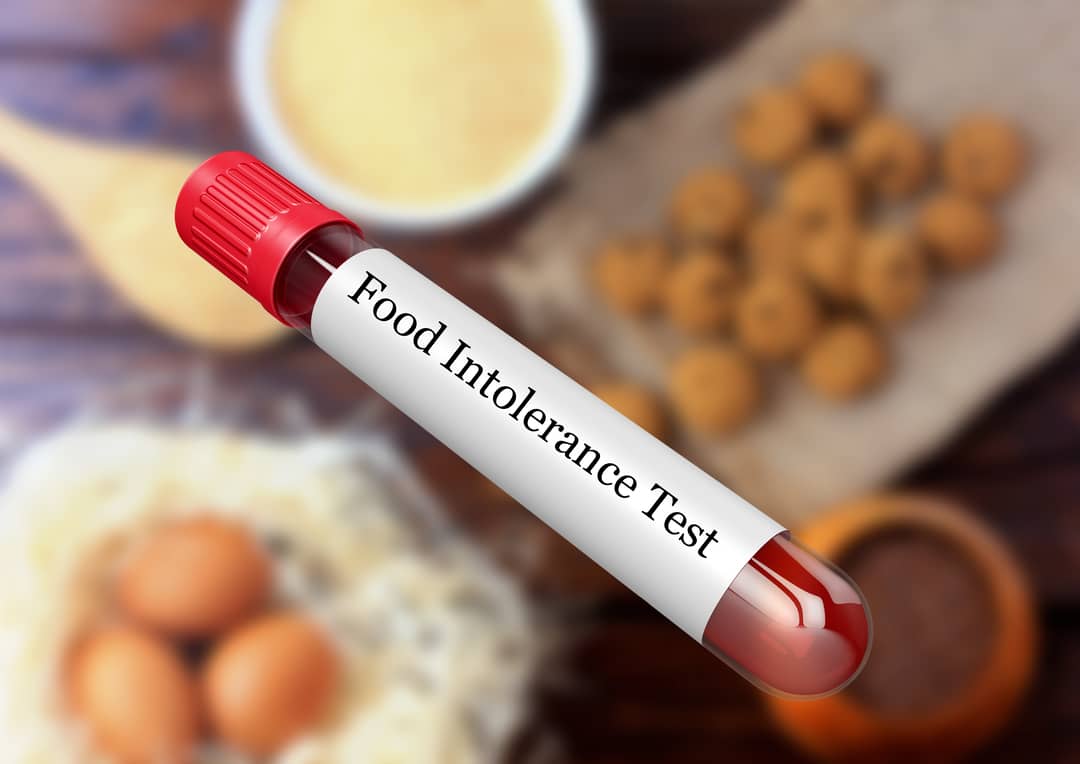In recent years, food sensitivity testing has gained significant attention among individuals seeking to understand how different foods may affect their well-being. Unlike food allergies, which can cause immediate and potentially life-threatening reactions, food sensitivities or intolerances may lead to more subtle and delayed symptoms, making them harder to pinpoint. This has led to the development of various testing methods aimed at identifying specific food sensitivities. But how accurate are these tests? Let’s delve into the complexities and nuances of food sensitivity testing to uncover the truth.
The Science Behind Food Sensitivity Tests

These sensitivity tests measure the immune system’s response to certain foods by detecting antibodies, most commonly Immunoglobulin G (IgG), in the blood. The presence of IgG antibodies is often interpreted as the body’s adverse reaction to specific foods. However, it’s crucial to understand that the presence of IgG is part of the body’s normal response to food and may not necessarily indicate a problem. This fundamental aspect raises questions about the interpretation of test results and their clinical relevance. Check out this website and learn more about the science and basics of food sensitivity test.
Different Types of Food Sensitivity Tests
There is a wide array of sensitivity tests available, ranging from blood tests and skin prick tests to hair analysis and applied kinesiology. Each method claims to identify food sensitivities effectively, but they vary significantly in their scientific backing and accuracy. Blood tests for IgG antibodies are among the most common, yet their validity in diagnosing food intolerances remains controversial among experts.
The Role of Elimination Diets
Many healthcare professionals consider elimination diets the gold standard for identifying food sensitivities. This approach involves removing suspected foods from the diet for a period, then gradually reintroducing them while observing for symptoms. Unlike food sensitivity tests, elimination diets directly assess how consumption affects an individual, providing more personalized and actionable insights.
The Debate Over IgG Testing

The use of IgG testing for diagnosing sensitivities is a subject of debate among experts. Some argue that IgG antibodies indicate exposure to food rather than an adverse reaction. Therefore, a person may have high levels of IgG antibodies to their most commonly eaten foods, which may not necessarily mean those foods are causing health issues. This distinction is crucial for interpreting test results accurately.
Accuracy and Reliability Concerns
The accuracy and reliability of sensitivity tests can vary widely. Factors such as the quality of the testing kit, the method used, and the interpretation of results can all impact the test’s validity. Moreover, many food sensitivity tests have not been validated by independent research, leading to potential inconsistencies and false positives or negatives.
Potential for Misdiagnosis
There is a risk of misdiagnosing food sensitivities based solely on test results without considering clinical symptoms and dietary patterns. This can lead to unnecessary dietary restrictions, nutritional deficiencies, and undue stress for individuals. It’s important for test results to be evaluated within the broader context of a person’s overall health and lifestyle.
Psychological Effects of Food Sensitivity Testing

Receiving a long list to which one is supposedly “sensitive” can be overwhelming and anxiety-inducing. This can lead to a fear of food, known as food neophobia, and may contribute to disordered eating patterns. The psychological impact of food sensitivity testing should not be underestimated and warrants careful consideration.
The Importance of Professional Guidance
Given the complexities and potential inaccuracies of food sensitivity testing, professional guidance is paramount. Dietitians, allergists, and other healthcare professionals can help interpret test results, recommend appropriate dietary changes, and ensure that nutritional needs are met. Their expertise is invaluable in navigating the often confusing landscape of food sensitivities.
Emerging Research and Developments
The field of food sensitivity testing is evolving, with ongoing research aimed at improving the accuracy and reliability of these tests. Advances in technology and a deeper understanding of the immune system’s response to food may lead to more precise testing methods in the future. Keeping abreast of the latest scientific developments is essential for both healthcare professionals and individuals seeking to manage food sensitivities.
The Impact of External Factors

External factors such as stress, environmental toxins, and gut health can significantly influence sensitivities. Stress, for instance, can exacerbate gastrointestinal symptoms, making it harder to determine whether a food sensitivity is the root cause. Environmental toxins can disrupt the gut microbiome, leading to increased gut permeability and potentially affecting how the body reacts to certain foods. Additionally, the state of an individual’s gut health plays a crucial role in sensitivities, as a compromised gut barrier may allow food proteins to enter the bloodstream, potentially triggering an immune response. Understanding the interplay between these external factors and sensitivities is essential for a comprehensive approach to managing and diagnosing food-related issues.
Personalized Nutrition and Its Role
The concept of personalized nutrition, which tailors dietary recommendations to an individual’s unique genetic, metabolic, and immunological profile, is gaining traction. This approach acknowledges the complexity of food sensitivities and the limitations of one-size-fits-all testing methods. Personalized nutrition represents a more holistic and nuanced way of addressing food sensitivities and promoting overall health.
Closing Thoughts
Food sensitivity testing is a tool that, while useful in some contexts, is fraught with challenges and limitations. The accuracy of these tests can be influenced by various factors, and their results should not be taken at face value. An integrative approach that combines testing with dietary interventions, professional guidance, and an understanding of the psychological aspects of eating is essential. As research progresses, we can hope for more refined and reliable methods of identifying food sensitivities, ultimately leading to better health outcomes for those affected. In the meantime, critical thinking, caution, and collaboration between individuals and healthcare professionals are key to navigating the complex terrain of food sensitivity testing.







